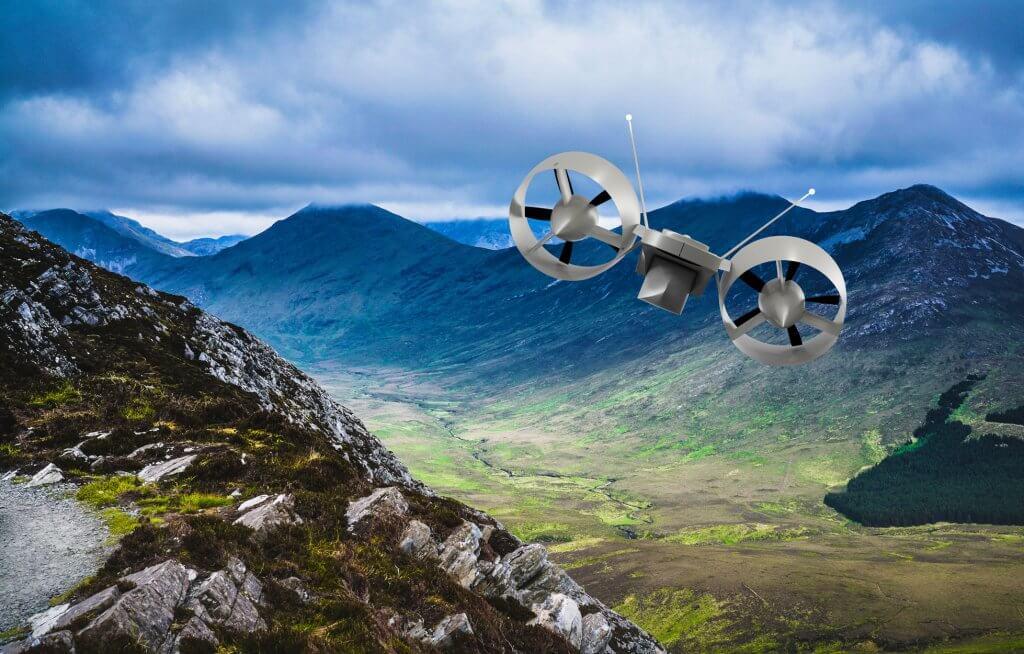A group of UK engineers plans to build a mid-mass logistics drone which will be capable of carrying approximately 100kg of cargo.

According to the group, the unmanned aerial vehicle, called Sky Hopper, has a tri-fan design and is initially aimed at remote and isolated areas, with urban capability planned in due course. It will be built in Prestwick, Scotland.
“Civil UAV development is still in early days,” said Eben Wilson, project leader of Sky Hopper. “We want to engineer a pathway to a commercial future; and we have the strong team to work through the certification requirements alongside the technical issues. It’s a challenge, but it really is time we did this.”
The team consists of aeronautical engineers, certification and design experts, electric machine designers and advanced battery developers. The project will follow a step-by-step approach.
“Taking a step upwards to an industrial vehicle demands that we innovate across all our disciplines,” said Richard Brown, the project’s aerodynamicist. “We plan to build a series of demonstrators, resolving structural, power and flight control needs. We have some of the best skills available, and we are a small agile team.”
The team will be coordinating closely with regulators to devise safe operating methods and procedures. The West of Scotland is sparsely populated and offers an ideal territory for the group to test autonomous flight and beyond-visual-line-of-sight capabilities.
“The regulators want a civil UAV industry to develop in the UK,” said Fred Gorrie, technical lead in design certification and regulation. “But they also want safety equal to normal aerospace industry competences. That’s where we want to go too, and we think Scotland gives us the space to do that.”
![Self Photos / Files - Sky Hopper [2] Self Photos / Files - Sky Hopper [2]](/Upload/news/1977/self/d7009d2cdf8146218dac87ba81211911.jpg)
The commercial plan for Sky Hopper includes unmanned delivery networks that set up local communities as franchisees for aero-parks. Sky Hopper will fly its missions through these locally owned assets and generate revenue for these communities.
“The commercial potential for UAV operations is huge globally,” said Wilson. “We’re talking re-supply, infrastructure support and other as yet unanticipated logistical operations. We’ve got to grasp the future and believe in our engineering expertise.”
Early prototyping for the project has so far been privately funded by the founders and some initial sponsorship funding. A sequenced campaign of further donations, crowdfunding and a follow-up Enterprise Investment Scheme is now underway.
“We may sound like evangelists, saying that we want the funding to be based on a shared interest in inspired innovation, but we really mean it,” said Wilson. “In today’s global markets we can stand on the side lines and wait for the big corporates to come along and feed us with their trinkets; allowing us only to become their shopkeepers. But that’s not what we British have been in the past, and certainly in the West of Scotland we feel firmly entrenched in our historic industrial traditions. We like building stuff, and Sky Hopper contains the stuff of the future.”



